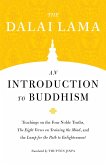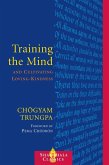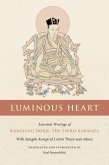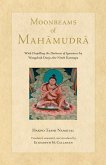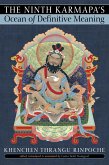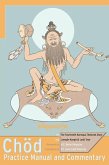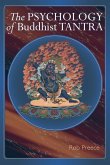Buddhism is a wisdom tradition. It asserts that we are liberated by the power of our own understanding. The three purposes of Buddhist debate are to defeat your own and others' misconceptions, to establish your own correct view, and to clear away objections to your view. It is like the approach of a physicianto remove what does not belong and to strengthen what does. Thus, for Buddhists, reasoning and debate are not ends in themselves or idle intellectual speculation. Rather, they are used as one path to spiritual wellness, taking practitioners closer to the health of liberation through these efforts to remove mistaken views and to understand and strengthen correct ones. Reading and memorization are not enough. Students must be able to verbalize their understanding and defend it under the pressure of cross-examination. This book teaches the basic analytical skills and procedures used in Buddhist debate. It is based on the author's own practice and experiences gained in the debating courtyards of Tibetan monasteries in India and matured through years of leading popular university courses on the subject. Sample debate exchanges show readers how to get started with the Buddhist style of analytical thinking to challenge and defend assertions. Learning is supported by guided reflections, practical advice, and verbal exercises to be completed in practice with a partner. By the end of the course, readers will be able to engage in unscripted, full-fledged debates with a qualified partner about Buddhist characterizations and classifications of phenomena using the format and procedures of Buddhist debate. Moreover, these skills, once mastered, can then be applied to investigating the truth and falsity of views in any other subject.
Dieser Download kann aus rechtlichen Gründen nur mit Rechnungsadresse in A, B, BG, CY, CZ, D, DK, EW, E, FIN, F, GR, HR, H, IRL, I, LT, L, LR, M, NL, PL, P, R, S, SLO, SK ausgeliefert werden.



